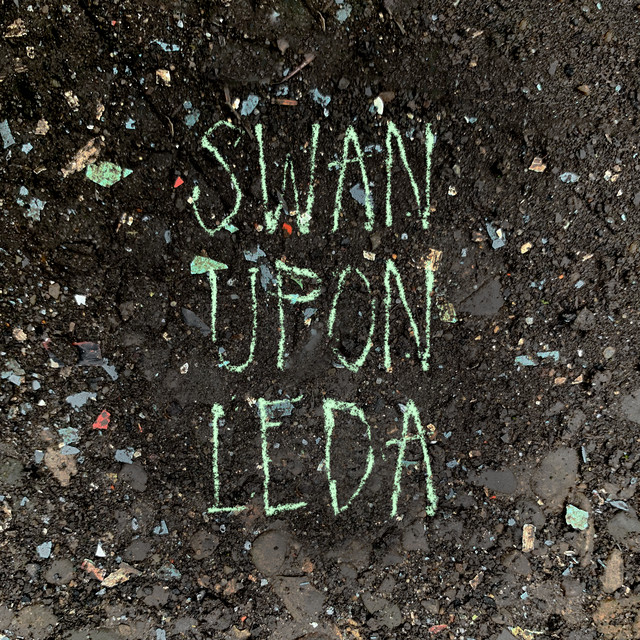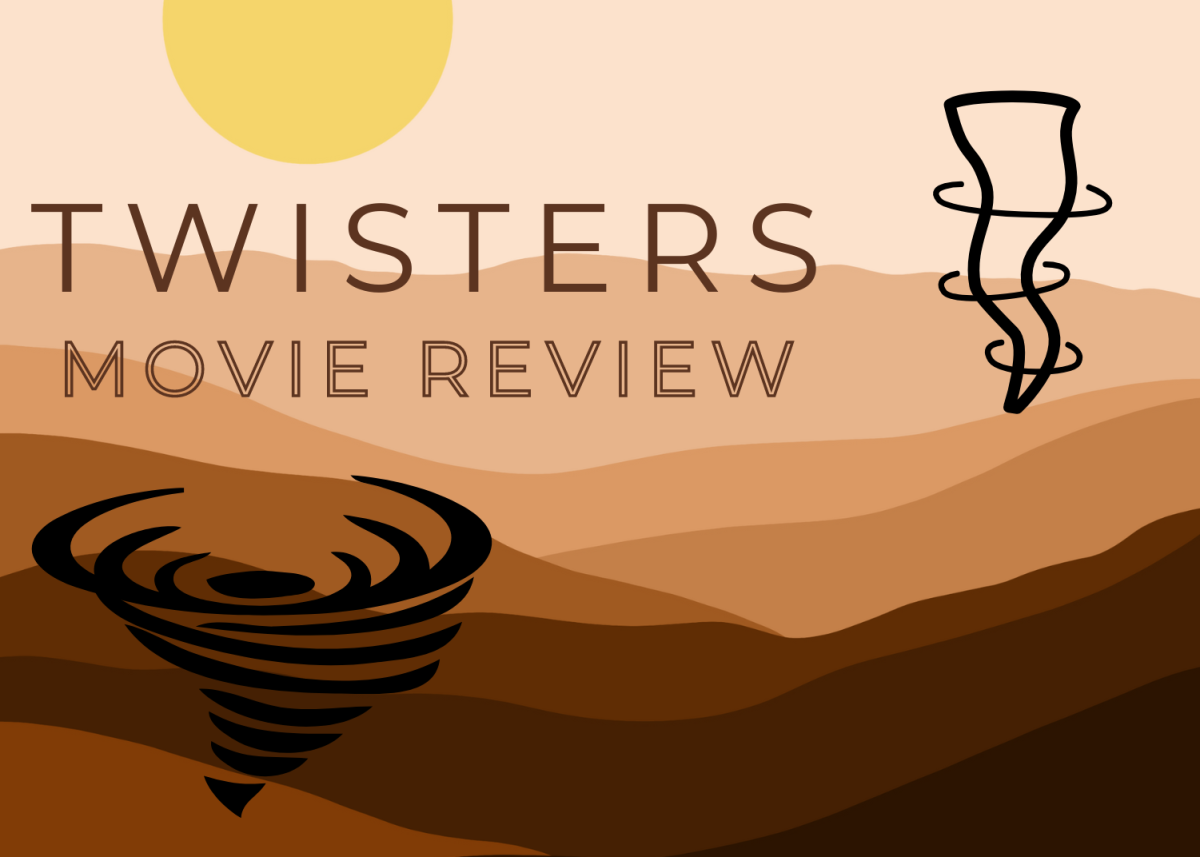Hozier’s “Swan Upon Leda”: a Poem and Promise
October 20, 2022
Label: Rubyworks
Producer: Jenn Decliveo
Release Date: October 7, 2022
Rating: 4.5/5
Hozier has fulfilled his long-awaited return, with another heart-wrenching cry for change.
“Swan Upon Leda”, released on Oct. 7, 2022, is the first single off of Hozier’s upcoming third album, “Unreal Unearth”. In the song, the artist weaves stories of Greek and Irish legends with current issues relating to human rights.
The song’s concept comes from poet Mona Eltahway, who referred to societal systems controlling women as the world’s “oldest form of occupation”. The allusive lyrics highlight the similarities between ancient and modern social justice issues. In a statement posted to his social media, Hozier revealed that the song was written and produced when the Supreme Court overturned Roe v. Wade earlier this year.
“I felt there was an opportunity to offer some show of solidarity”, said the Irish singer.
Swan Upon Leda
October 7, 2022 pic.twitter.com/k2xMo2e6N9— Hozier (@Hozier) October 3, 2022
Hozier, whose legal name is Andrew Hozier-Byrne, opens the song wistfully, singing “A husband waits outside/A crying child pushes a child into the night/She was told he would come this time/Without leaving so much as a feather behind”. The verse takes inspiration from the myth of Leda and the Swan, which details the rape of a young woman by the god Zeus. The lyrics equate the injustice within the story to abortion rights and the rights of women throughout history. We’re reminded again by the protests in Iran that progressivism is a global movement. The recent pushbacks against civil liberties and human rights respect no boundaries or borders, and like all acts of control, violence and indeed all forms of occupation, their legacies can be immeasurable in both the personal and political spheres. — Hozier
Similarly, during the song’s chorus, Hozier sings, “But the gateway to the world/Was still outside the reach of him/What never belonged to angels/Had never belonged to man”. Hozier has never been one to shy away from critiquing religious concepts and “Swan Upon Leda” is no different. With this, Hozier suggests that the only people who should decide whether or not to bring life into this world are those who are capable of doing so. He takes a stance against political and religious ideas which have historically controlled women and their bodies.
Hozier has also been known to shed light on current social injustices and historical events through his music. Earlier this year, civil rights protests swept Iran, as a rising number of women have been beaten, arrested, and killed by the country’s violent morality police. With this release, the singer expresses his support for the resistance.
“We’re reminded again by the protests in Iran that progressivism is a global movement. The recent pushbacks against civil liberties and human rights respect no boundaries or borders, and like all acts of control, violence and indeed all forms of occupation, their legacies can be immeasurable in both the personal and political spheres,” the artist said in the same post.
Hozier released the song shortly following the death of Mahsa Amini, 22, an Iranian woman who was beaten and arrested in Tehran for not wearing a hijab. The incident has gained wide-swept attention online, as many outside of the country have come forth in solidarity. With the release of this song, Hozier has promised to do his part as an ally to those suffering in Iran. In his statement, he has vowed to make donations to multiple organizations providing safe access to reproductive health care.
The haunting acoustic melody, paired with the devastating message, makes for a beautifully subtle protest song. Hozier fan or not, the piece reminds listeners to stay vigilant of oppression within all societal systems.








Pam Anderson • Oct 22, 2022 at 8:26 am
It is a gorgeous, gorgeous song, it’s otherworldly and so powerful. I wept when I first heard it, even before I understood the meaning.